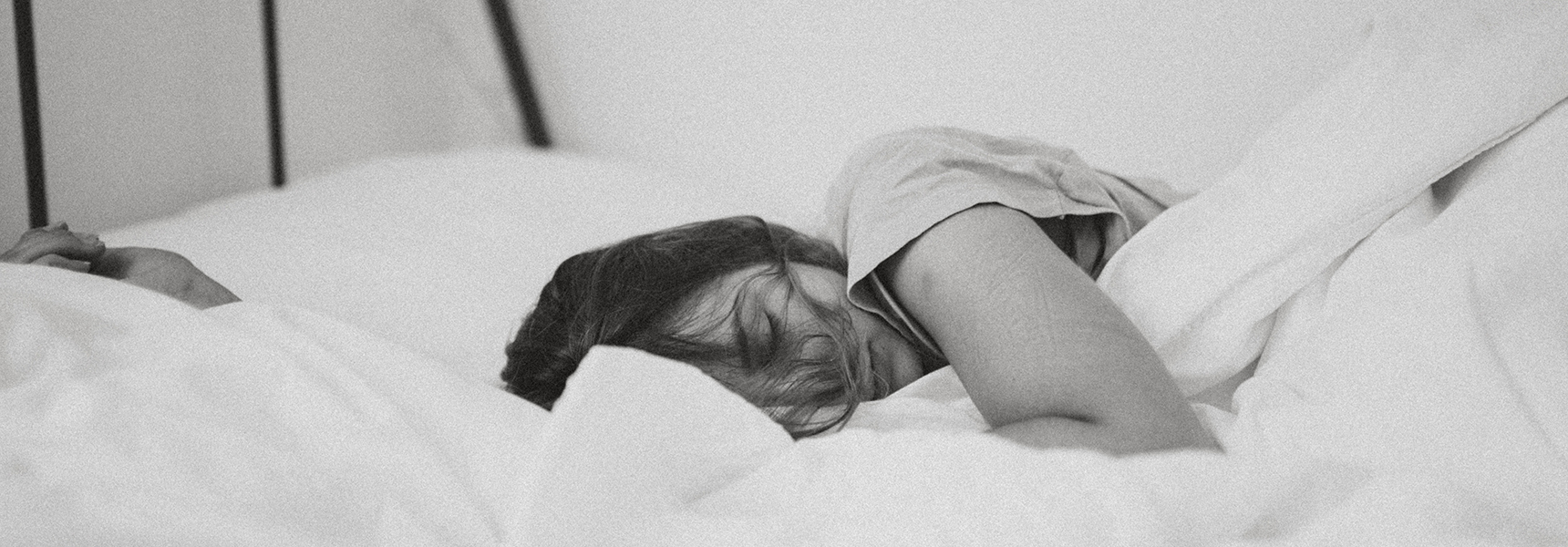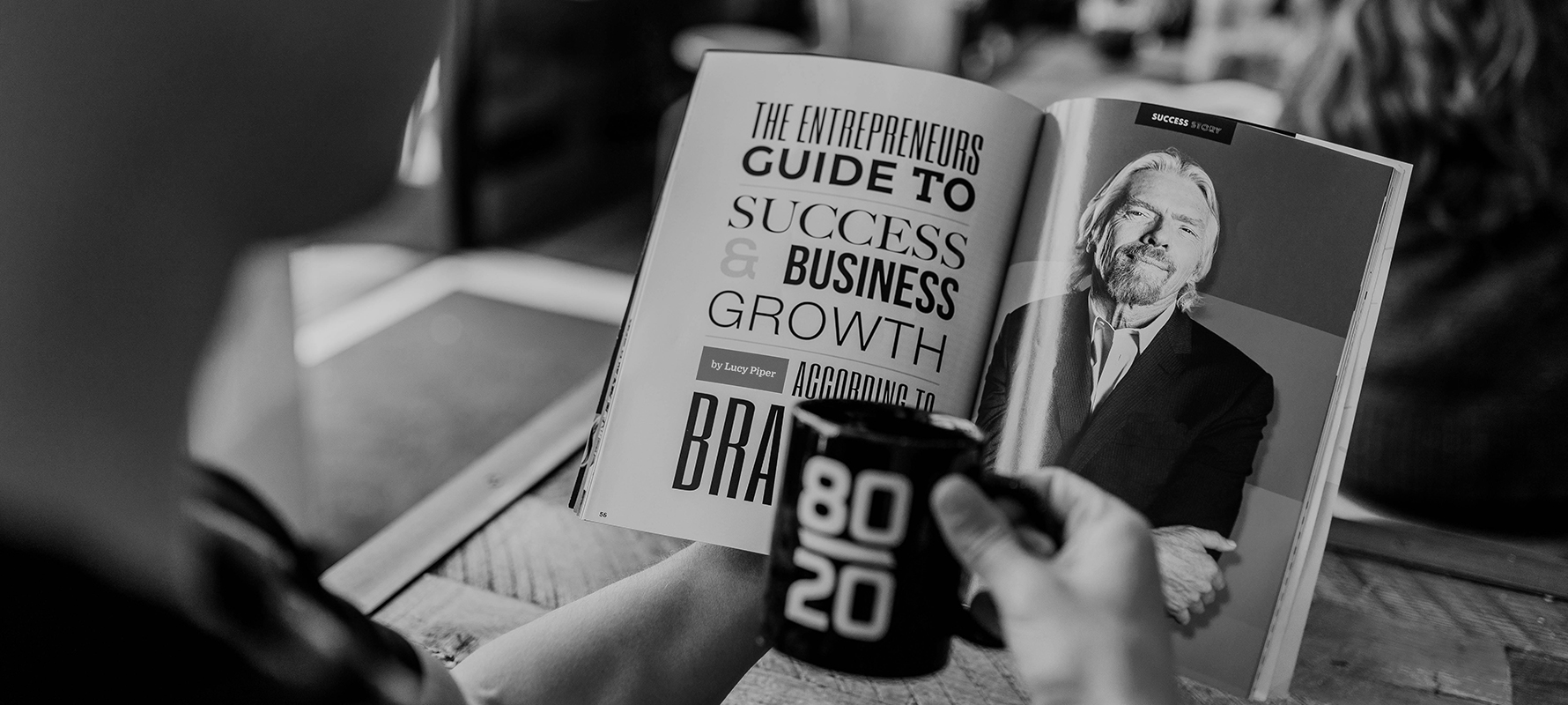Blog
Debunking the Myths Surrounding a Successful Morning Routine
“Early to bed and early to rise, makes a man healthy, wealthy, and wise”
But does it? Really? How important is it to be a “morning person”? A lot of people struggle with fitting themselves into the “early riser” box or wear that “morning person” label. So you find yourself to be more of a night owl than an early bird, but is that really the end of the world? Are you doomed to a lower quality of life because you don’t greet the dawn with the exuberance of a puppy chasing a ball? The short answer is – no. While there are surely benefits of a regular routine and schedule, the timing of said routine is not as important as we’ve been led to believe.
We are going to debunk some of the most popular myths about what is a “successful” morning. Do I really have to eat breakfast? Is 4 AM the magic wake up time for optimal productivity? And maybe most controversial – can I keep my phone near my bed at night?

MYTH #1 – Breakfast is the most important meal of the day
We’ve all heard this from the time we were young in varying versions. Maybe you were told to “eat a full breakfast every morning” or maybe you’ve read that you have to “consume most of your calories in the morning” to lose or manage weight.
TRUTH – Some research has suggested that eating breakfast regularly may aid weight control, while skipping a morning meal might cause weight gain. However, a study published in the BMJ, the idea that eating breakfast aids weight loss is not actually supported by solid evidence.There is contrary research out there that shows the opposite and the evidence surrounding this myth that we’ve been raised on is not quality evidence. The length and depth of the studies do not meet scientific standards. So the real factor is what you eat more than when you eat. The key to improving health and productivity through dietary choices is to make healthy choices. Liz Weinandy, a registered dietitian at Ohio State University Wexner Medical Center says that eating breakfast gives people a chance to get some of the essential vitamins, minerals, and other nutrients they need for optimum health. “Skipping breakfast is almost seen as a missed opportunity for getting some of those nutrients that most Americans are not getting enough of, like potassium, calcium, and fiber,” she said. If people eat nutrient-rich foods later in the day, then skipping breakfast isn’t the problem. So, while Weinandy advises many of her clients to begin their day with a morning meal. She believes it is vital to consider the particular demands and preferences of each individual. The bottom line is that what you eat and the quality of your diet is important – not so much what time of day you eat.
MYTH #2 – Early bird gets the worm
TRUTH – Early rising for productivity is not a one-size-fits-all situation. Not everyone who gets up early feels better or performs better. There’s been a lot of research about how some people are biologically more prone to be alert and awake in the morning, and others are at their most alert at night. For example you may feel more attentive and have enhanced cognitive function during the afternoon and get your best sleep in the early morning hours. Katharina Wulff, Oxford University biologist who studies chronobiology and sleep says, “If people are left to their naturally preferred times, they feel much better. They say that they are much more productive. The mental capacity they have is much broader,” Wulff says that it can be harmful to push people too far out of their natural preference. For example, when they wake early, night owls are still producing melatonin. “Then you disrupt it and push the body to be in the daytime mode. That can have lots of negative physiological consequences,” So all in all – it pays to listen to your body and to know that you are an individual, find the schedule that gives you enough sleep and stay on a regular sleep and wake cycle as much as possible to maximize your productivity and cognitive ability.
MYTH #3 – Start your day with meditation
TRUTH – The most essential advice for a successful morning is to get yourself ready for what lies ahead of you by getting started the day in a positive manner according to Art Markman, Professor of Psychology at the University of Texas, and author of Bring Your Brain to Work says “If you are prone to ruminating about bad things, then some mindfulness exercises can help you get going with a clean slate.” However it isn’t the right answer for everyone. Some people need to make a task list or prepare for their routine in order to feel organized. “Meditation is great, but it doesn’t help everyone.” Markman explains “If you tend to be focused on being productive first thing in the morning, then use your morning to plan for the day and to set an agenda to make sure you hit the ground running.” The best tools for success are the ones you can actually use. If what works for someone else doesn’t work for you and vice versa then it isn’t the right answer.
MYTH #4 – Keeping your phone nearby will disrupt your sleep and reduce the quality of your rest
TRUTH – Many people use their phone as an alarm and new apps give us the option of actually monitoring our sleep patterns by keeping our phone nearby when we sleep. Our phones have quickly become our most useful multi-purpose tool. So why then, is it such a taboo to have a phone near you when you sleep? One of the reasons we hear often is that the phone being nearby increases the tendency to pick it up and check it any time you are restless or lightly awakened in the night. Another reason you might have heard is that you might go to bed later because you spend a little more time surfing social media before laying down to rest. Probably the most popular reason you hear is that the blue light from the phone disrupts your body clock or even reduces the production of melatonin. While each point can be an issue in some more extreme cases, most of these points are debunked and not based on true factual data. Studies have actually proven that spending a normal amount of time awake and outdoors during the day is enough to keep your body clock in order. So unless you are never going outside and are sedentary all day your body will regulate itself. If you find yourself staying up later or waking and picking up your phone then perhaps you need to adjust and put it just at the edge of arms reach before actually climbing into bed at night. But if you have a good bed time routine and like the ease of using your phone for your alarm don’t stress on this, you will be just fine. The real point is that you need to make routines that work for and benefit you, don’t try to force yourself to adhere to every rule or guideline you read. Choose what works best for you and stick to it, this is how you will achieve the best results.
Bottom line, a routine is helpful for getting your morning going on the right foot. What that routine looks like is up to you. If you are an early riser and you love to hit the gym before you do anything else that’s great, embrace it and run with it. If you are slower to rise and like to take your morning slow and let your brain wake up calmly then do that. The common threads that we found in all the varied points of view were that what you put in your body matters and what you do regularly produces the most impacting results. So pick the right foods, the right supplements and the right schedule for you and you are sure to perform your best at every challenge you undertake.


MYTH #5 – It is important to exercise first thing in the morning
It is a common belief that you should work out first thing in the morning and that doing so produces a variety of benefits from better weight management to increased productivity.
TRUTH – Consistency is more important than the hour on the clock. According to Keeley Mezzancello, Registered Dietitian and Certified Health and Wellness Coach with Wellview Health, the best time of day to do your workout is the time that you can most consistently do it. If you are more likely to stick to the routine of an after work gym session then do what fits your schedule and your life. We are all living uniquely structured lives with routines, responsibilities and preferences that differ – a single option plan for exercise is not the right answer. So, while there is some evidence around benefits of an AM workout routine, there is even greater evidence that consistent patterns of exercise are the best plan for your overall health.
Click here to read about CBD oil.


